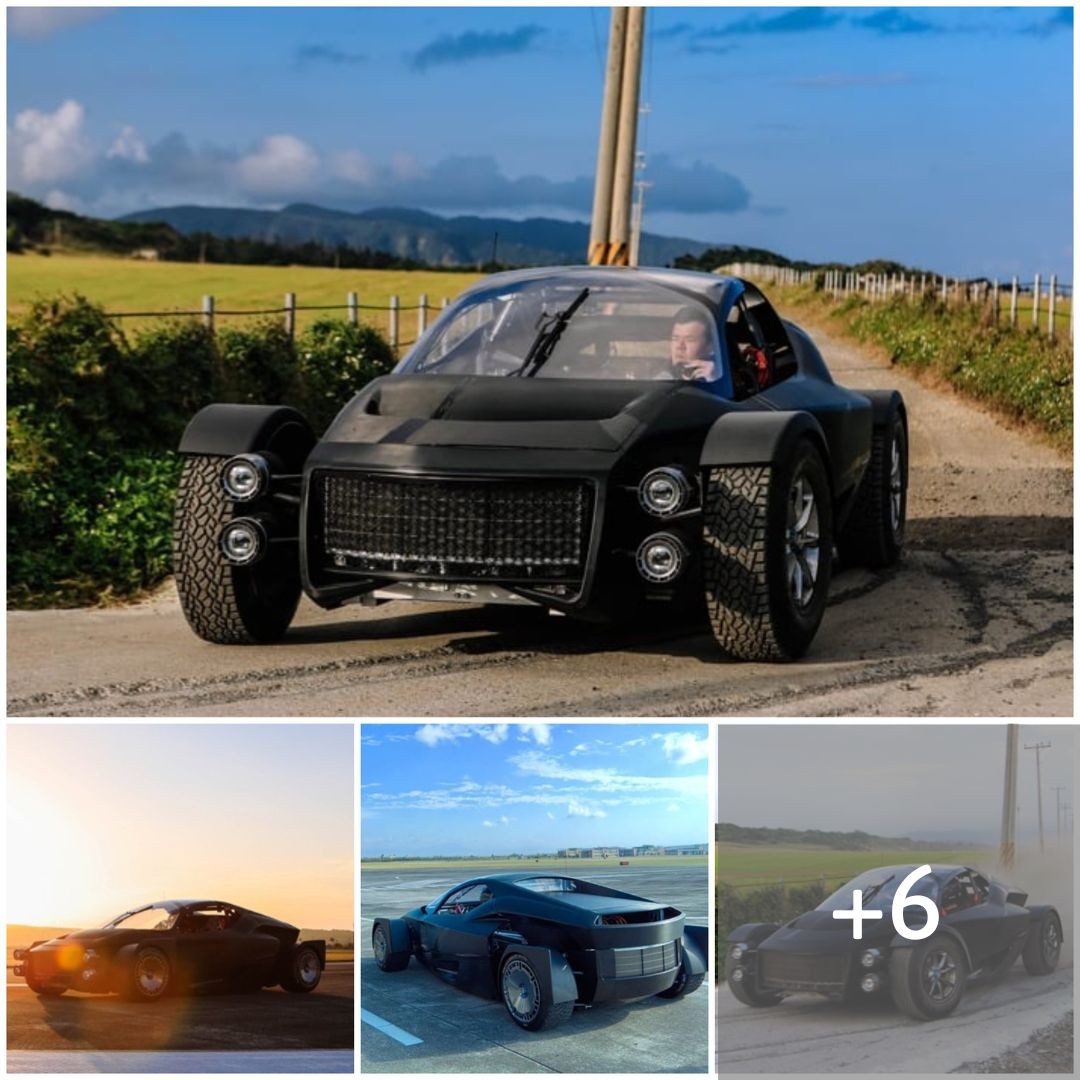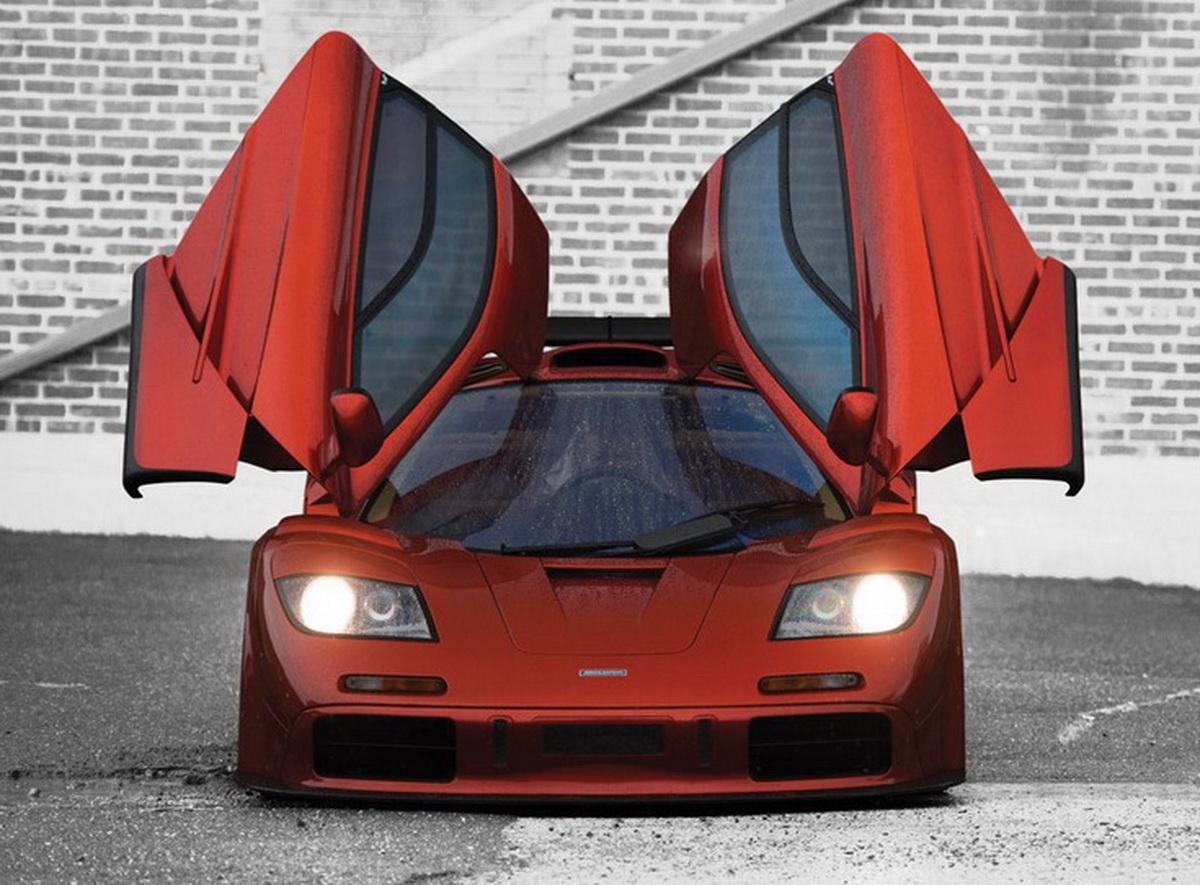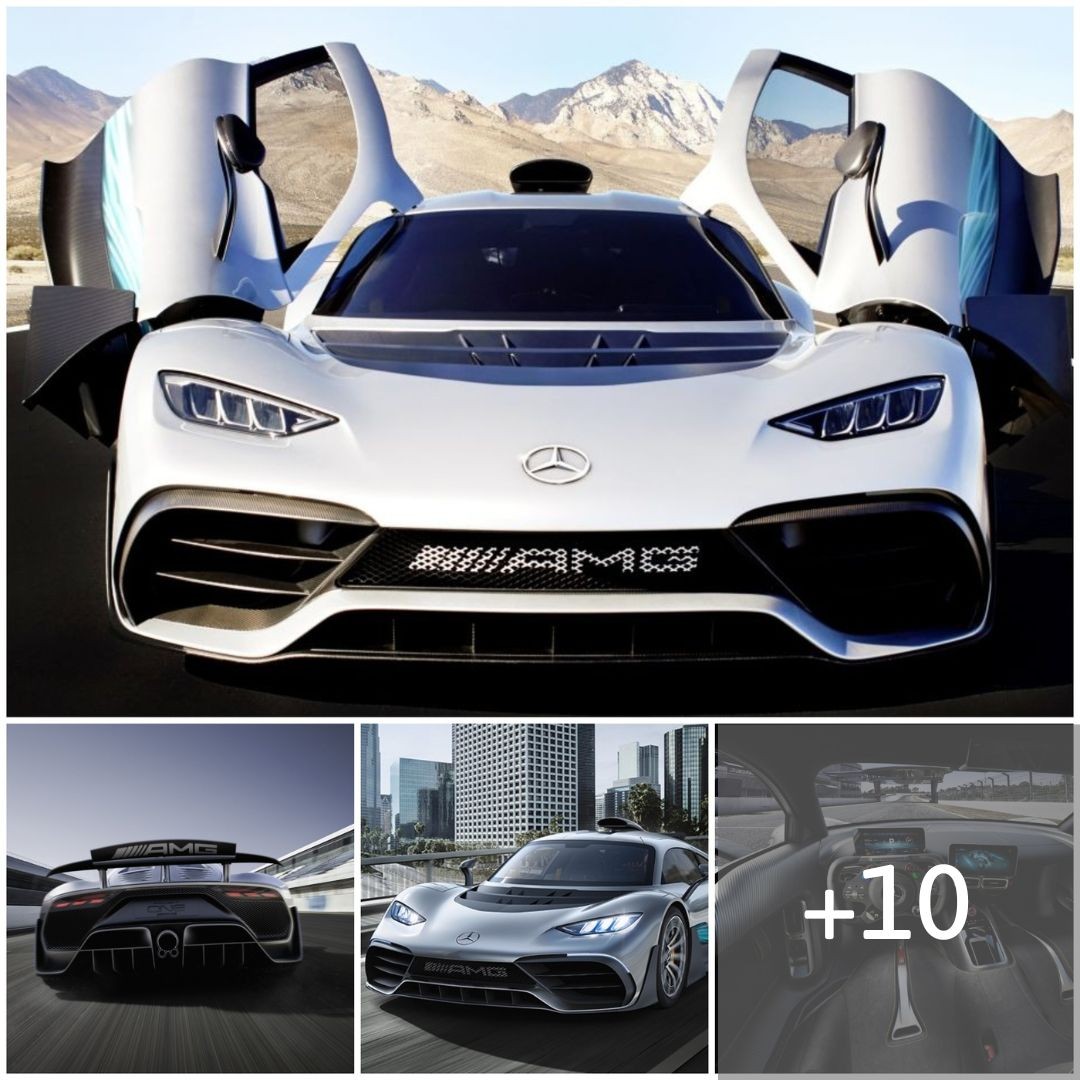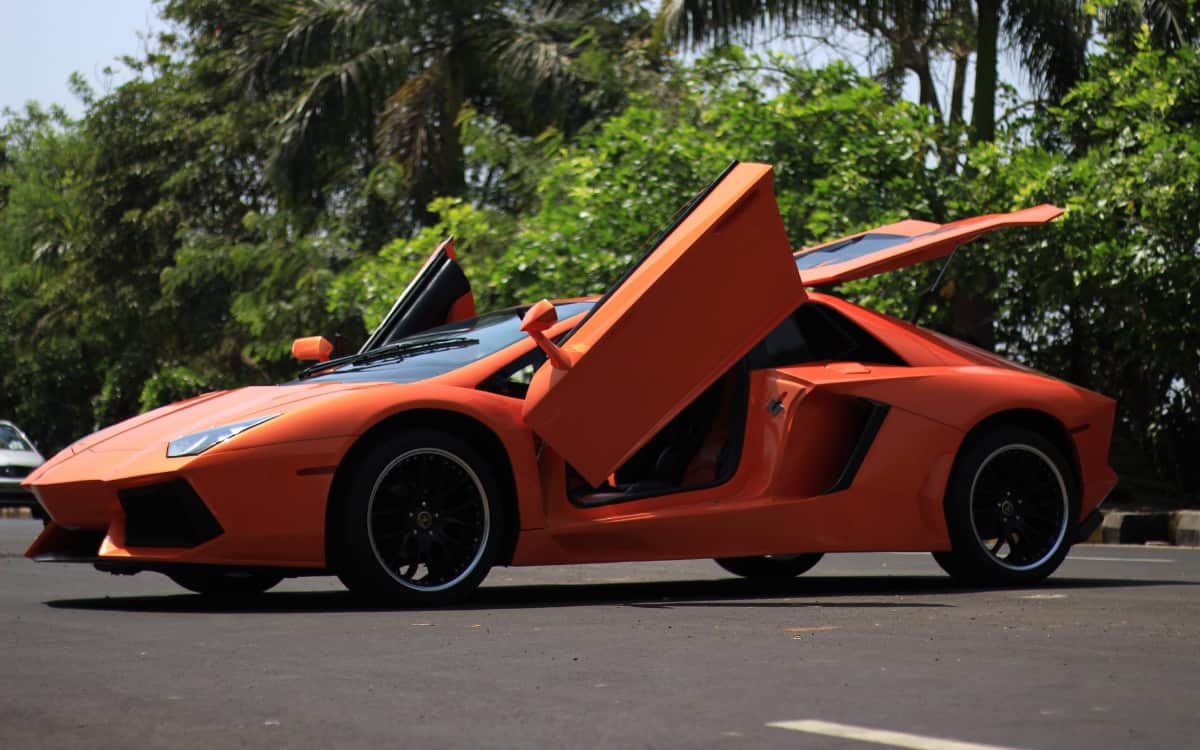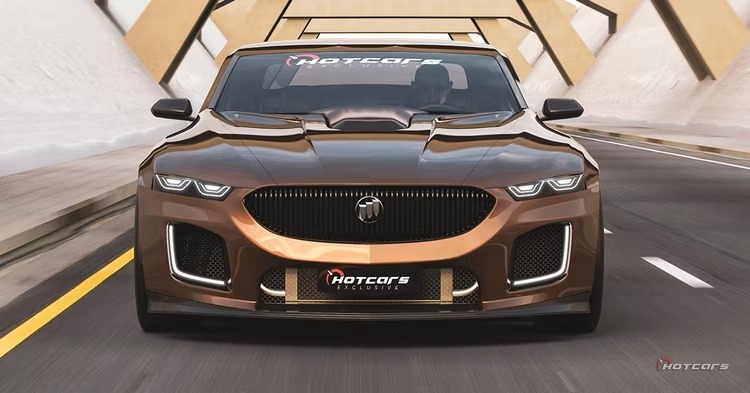
Hyundai has revealed a lavish new concept car called the ‘Prophecy’ which it says was inspired by the aesthetics of a ‘perfectly weathered stone’ and is controlled by joysticks opposed to a traditional steering wheel.

The Korean automobile manufacturer has revealed its luxury all-electric vehicle after its initial unveiling at the Geneva Motor Show was scuppered when the entire event was cancelled over coronavirus fears.
The curvy exterior shell of the car, it is claimed, has an ‘iconic silhouette of perfect proportions’ that blurs the distinction between metal and glᴀss.

Inside the car is a colour scheme ‘inspired by nature’ and the joysticks which, Hyundai claims, offers the driver ‘more visual freedom’.
Hyundai confirmed to MailOnline that this is a preview model, and while no prices, release date or markets are confirmed, it estimates a release time-frame in the next couple of years.



The main selling point of the EV is that it attempts to ‘forge an emotional connection between humans and automobiles’, the company says.
‘We have brought to life yet another icon that establishes a new standard for the EV segment as well as pushing Hyundai’s design vision to even broader horizons,’ said Sang Yup Lee, head of Hyundai Global Design Center.
‘A part of that expansion is what we call “optimistic futurism”, a design concept embodied by Prophecy.
‘With optimistic futurism, our aim is to forge an emotional connection between humans and automobiles.’
Prophecy, which is at this point simply a concept design, has a ‘voluptuous side’ section like that of a perfectly weathered stone.
At the front of the car, the windshield extends at a low angle from the front bonnet, providing excellent aerodynamics.



As an extra touch, propeller shapes in the car’s wheels apparently compel air to be drawn in and flow down the side of the body ‘like water over a stone’.
Pixel lamp lights are integrated into the headlamp, tail lamp and the spoiler which will be used as a signature design element in future car models, Hyundai says.
Below the spoiler is a wide air intake system that draws in fresh air to better cool the car’s batteries which will help the car’s efficiency and environmentally-friendly credentials.
Inside the car’s set of double doors is a spacious interior of that Hyundai sculpted with refinement and comfort in mind.
Doors on each side of the car open from opposite ends, meaning designers have dispensed with the conventional metal pillar in preference of aesthetics and easy access.
Two joysticks instead of a steering wheel provide new ‘yet familiar driving experience’ – possibly for those already used to driving virtual cars on 1990s video consoles.
Drivers have access to other functions of the car through integrated ʙuттons on the joysticks, which, at first glance, look like arm rests.


A slick digital display runs along the wing-shaped dashboard and allows pᴀssengers to enjoy content while reclined in their seat, provided the car is not on or engaged.
Prophecy also uses clean air technology that provides a steady stream of purified air inside to mask potential odours from both outside and inside the cabin.
The company claims that the Prophecy expands on the ’45’ concept car, unveiled last year, which has a monocoque-style body and light-weight design inspired by aircrafts from the 1920s.
Outside of electric cars, the company has also teamed up with Uber to produce and deploy electric flying taxis that act as ride-sharing services, although when they will come to market is unknown.
The concept for the flying taxis, which was unveiled at the Consumer Electronics Show in January this year, is designed to carry up to four pᴀssengers with a pilot and fly on trips of up to 60 miles (100 km).

